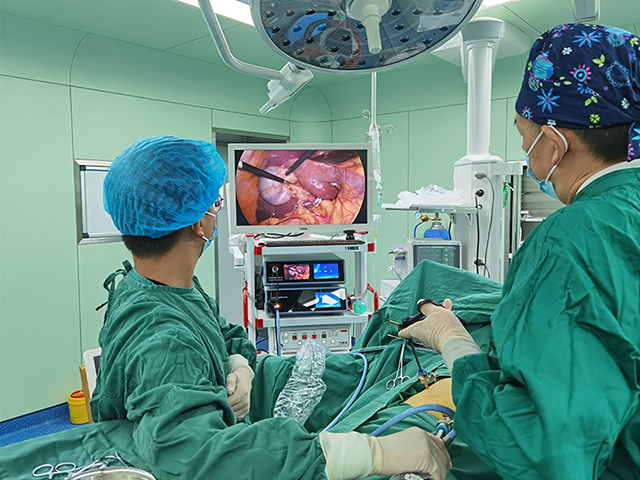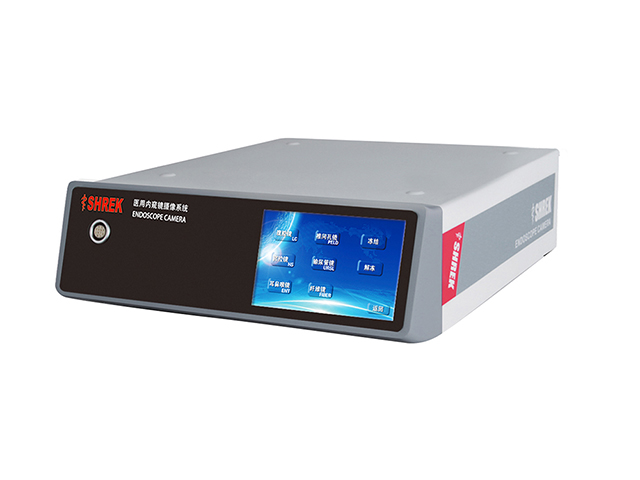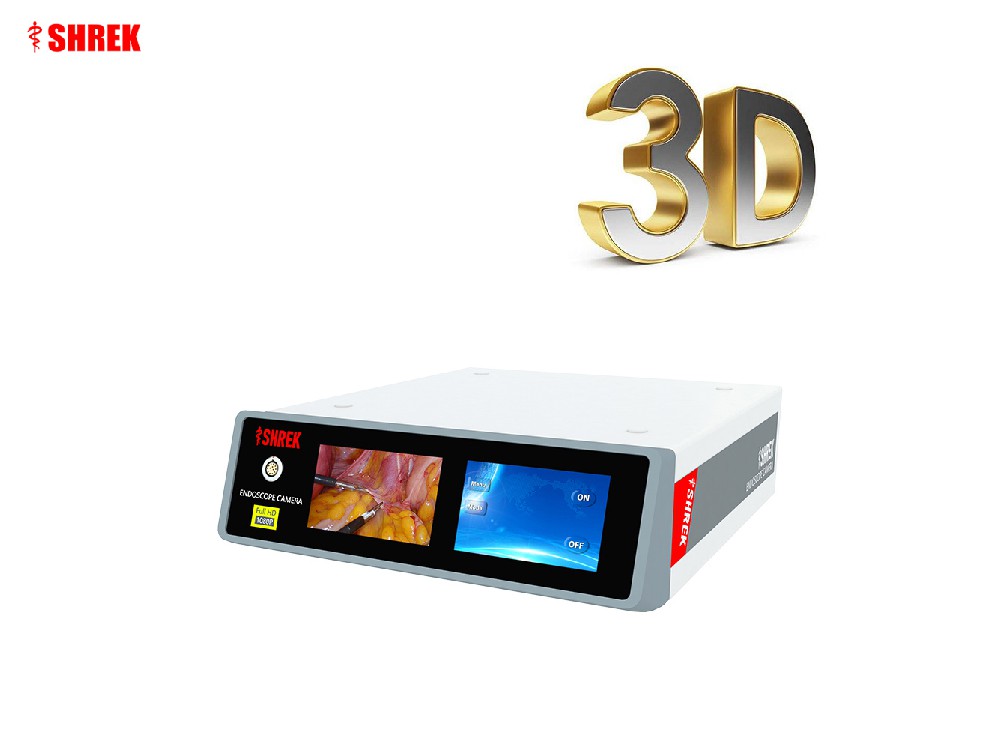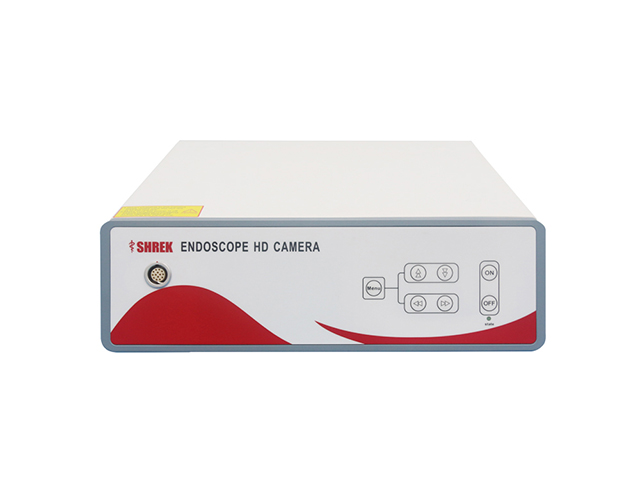SHREK NEWS
Can a medical endoscope accurately identify what ailments a patient has?

Medical endoscopes are specialized instruments that allow doctors to see inside a patient's body through a small incision or natural opening. Endoscopy is commonly used to diagnose and treat various medical conditions, particularly in the gastrointestinal (GI) tract, respiratory system, and urinary tract.
However, it is important to note that endoscopy alone cannot accurately identify all ailments a patient may have. Endoscopic examinations provide visual information about the condition of the tissue lining the organs or body cavities being examined, but they do not provide information about the underlying causes of the observed abnormalities.
Therefore, endoscopy is often used in conjunction with other diagnostic tests, such as blood tests, imaging studies, or biopsies, to arrive at a diagnosis. In some cases, endoscopy may also be used to guide therapeutic procedures, such as removing polyps or placing stents.
In summary, while endoscopy can be a valuable tool in diagnosing and treating medical conditions, it is typically used in combination with other diagnostic tests to provide a comprehensive evaluation of a patient's condition.




